RUBY is out in the world, completing my re-release of the Facets of Pasion books. Otherwise I’m waxing on about Buffy the Vampire Slayer and my love for Spike, including thoughts on whether their relationship was “abusive.”
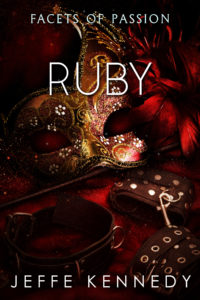
RITA ® Award-Winning Author of Fantasy Romance
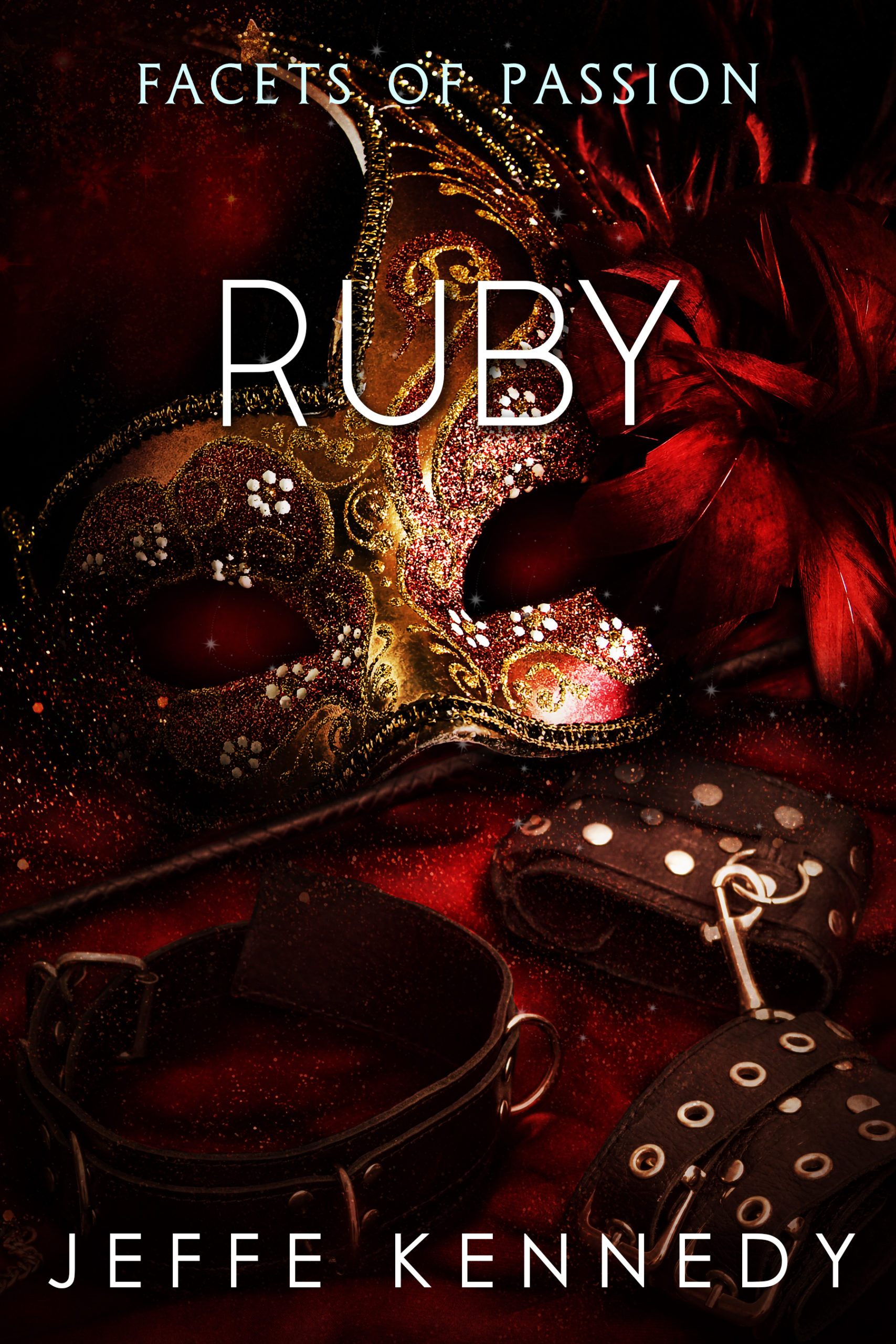
RUBY is out in the world, completing my re-release of the Facets of Pasion books. Otherwise I’m waxing on about Buffy the Vampire Slayer and my love for Spike, including thoughts on whether their relationship was “abusive.”

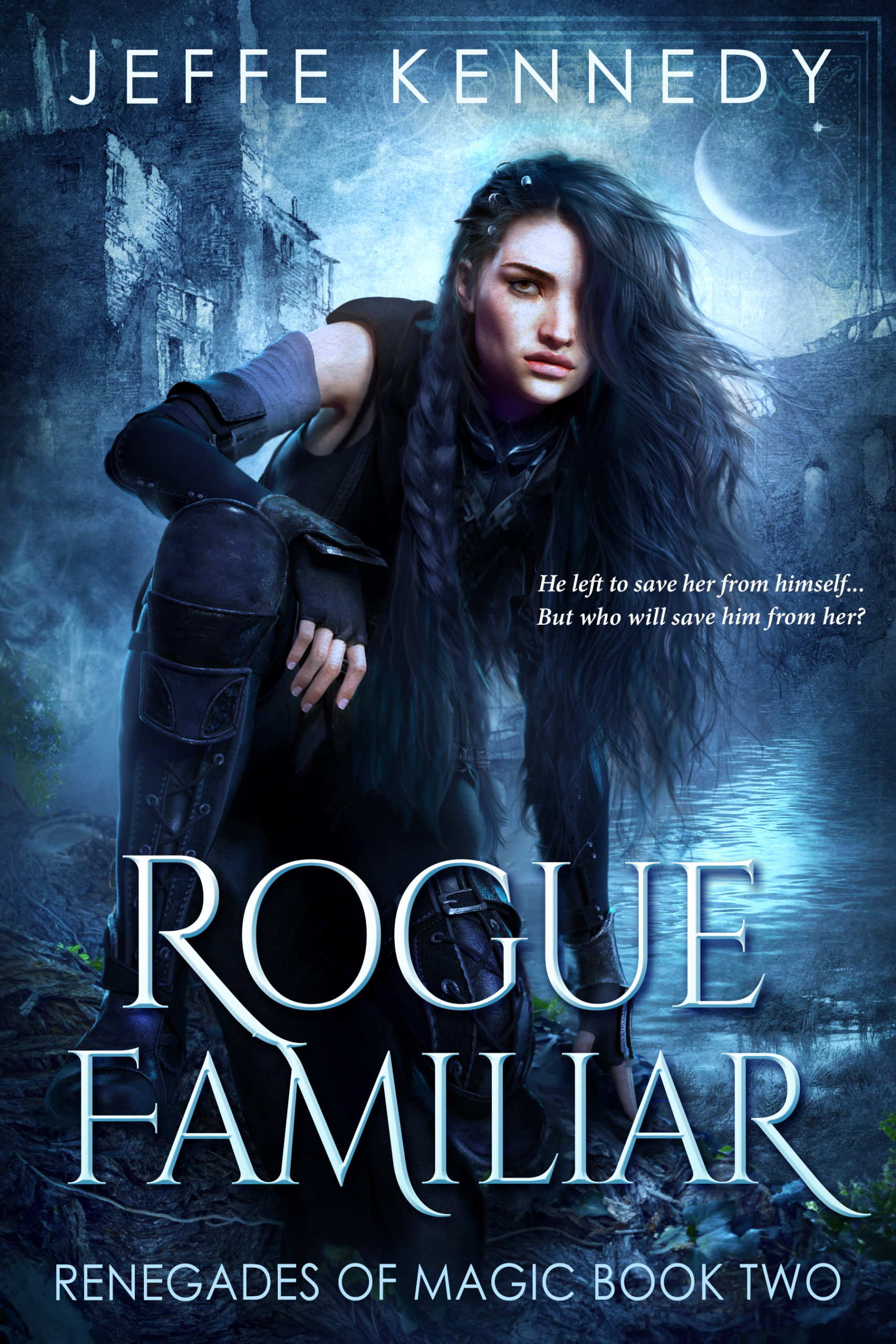
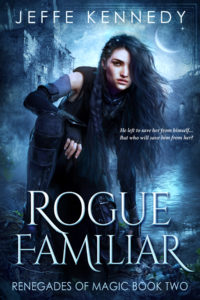
ROGUE FAMILIAR has a cover!! I’ve been loving the enthusiasm for it, too. It’s a great inspiration to me as I write Selly’s hunt for Jadren.
This week at the SFF Seven we’re talking tools for writers who aren’t beginners. I seem to be hearing a lot of interest in this topic lately. I’ve been contemplating setting up some online classes and not long ago I asked for input on what kinds of classes people would like to see from me. (Feel free to comment or message me if you have ideas or requests!) One of the suggestions that came up often was a desire for classes for more advanced writers, targeting those who’ve written several books but want to learn how to keep getting better at it.
So, I’ve been working up some lists of more advanced topics I could teach – and thinking back to where I learned the intermediate and higher stuff. Some of it is always going to be self-study. Reading other authors. Listening to other writers talk about their process. Re-reading favorites to study how those writers accomplished what they did. I think those are the best tools.
But I’d also like to see more craft-focused workshops, classes, and discussions out there. For quite a few years, it seems, the bulk of information offered to writers seems to focus on business. There are countless opportunities to learn Facebook ads, newsletter marketing, keywords, BookBub ads, Amazon ads, ad infinitum, ad nauseam. Why? Because those are easy to teach. Teaching craft is a much more daunting prospect. In fact, I’ve heard debates among creative-writing professors about whether the craft of writing can be taught at all.
At any rate, this isn’t a very informative post, I know. I’m not offering any good tools here (other than the above), but rather food for thought. Improving craft is something we all (well, most of us) want to do. I’m thinking up some ways to get at it. Suggestions welcome!
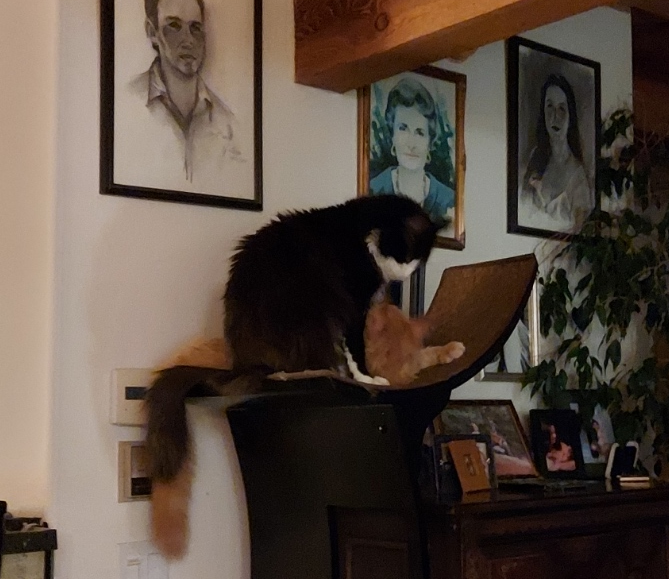
How my day went all to hell yesterday with several pieces of bad luck. More importantly, I’m talking about my bestie Grace Draven, some stuff she’s dealing with, and her upcoming Go Fund Me.
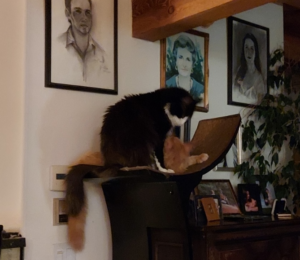
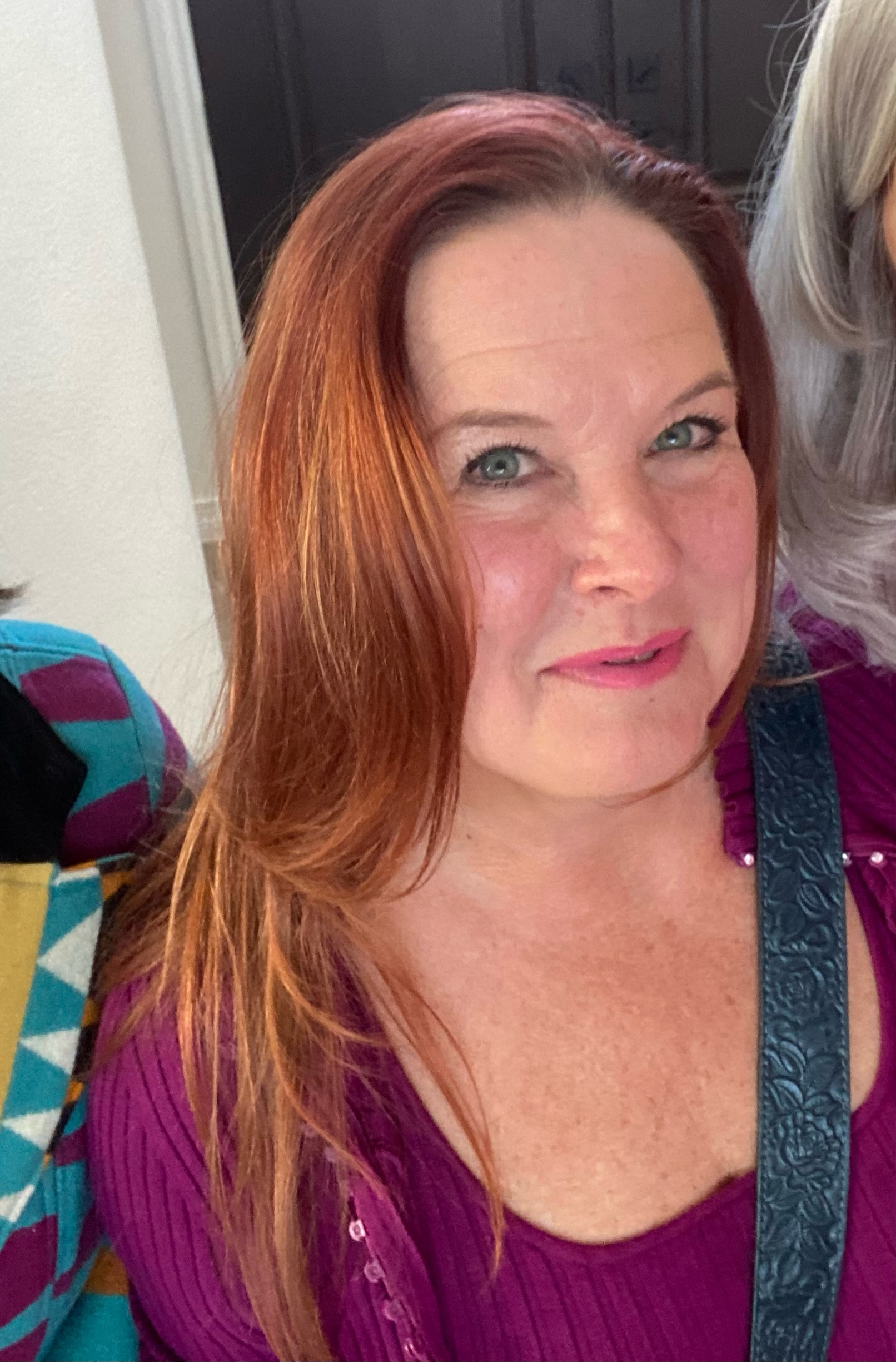
On husbands and their Opinions™ and other thoughts on women as writing and publishing professionals. (Yes, this particular dynamic is a binary, IMO.) Also maybe my new author headshot?
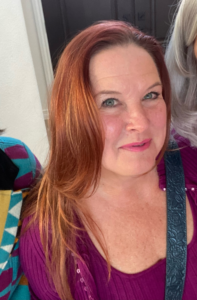

Cover reveal for ROGUE FAMILIAR today! I’m also talking more about finances for creatives, monetizing creativity and why there’s a fundamental problem with it, and other aspects of being a professional creative that aren’t widely discussed.

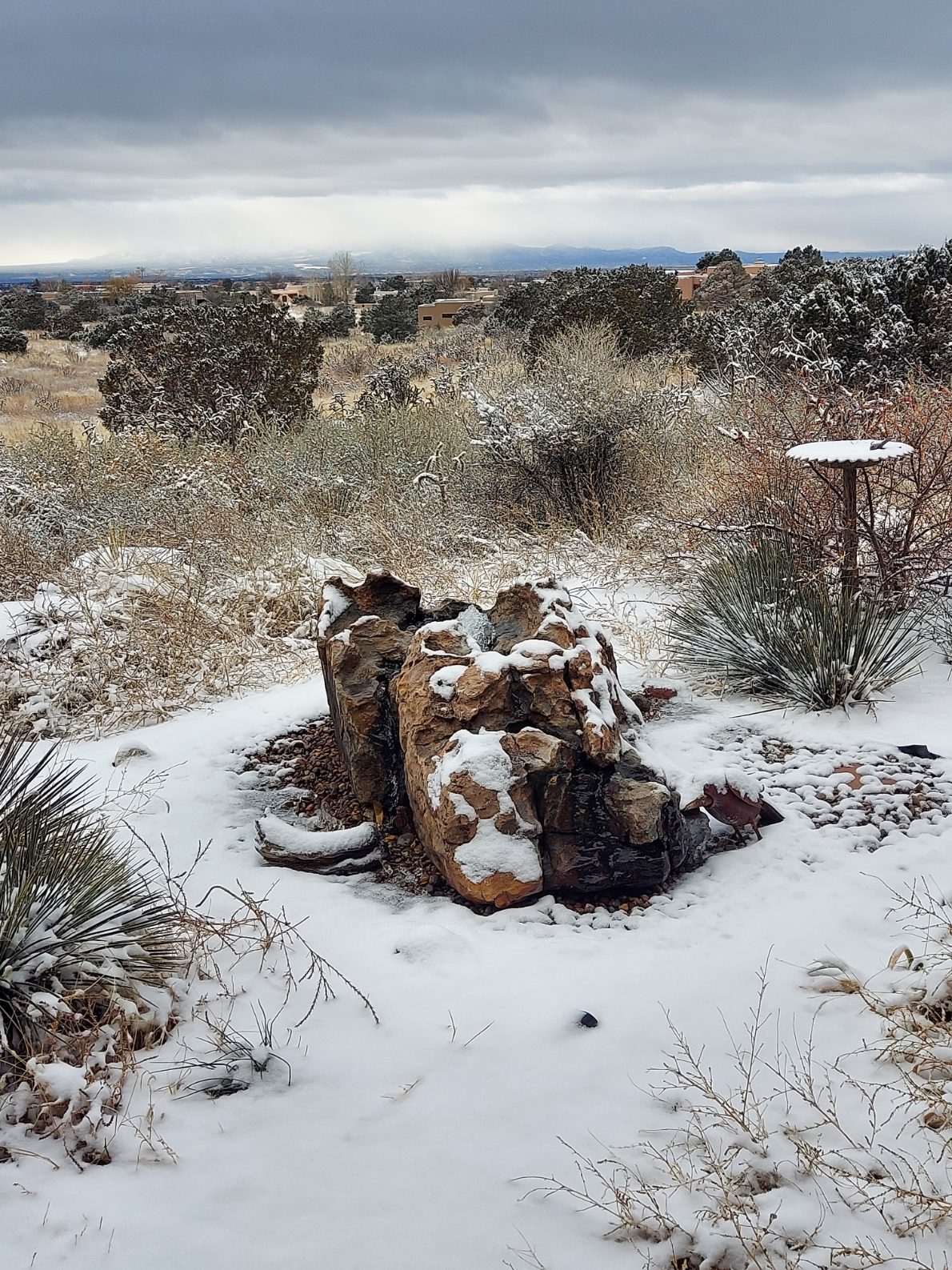
Financial emergencies and other downsides of earning one’s living as a creative. How the demands of monetization affect creativity – and how being a fulltime writer isn’t the idyllic, dreamy, artsy life we envision.

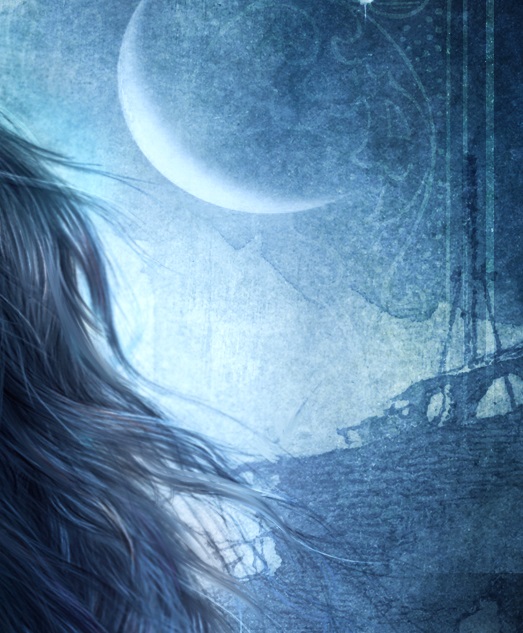

Here’s a little tease of the cover of ROGUE FAMILIAR, book 2 in Renegades of Magic, releasing at the end of February. Cover reveal coming soon!
This week at the SFF Seven we’re talking about the Mentality of Negative Reviews. Specifically, the person who posed the question asked: do you recognize your fight-or-flight response to negative reviews and do anything to stop it?
I’m including the full text of the question because I’m disagreeing with the initial premise. I don’t think I have a stress response to negative reviews. It could be that I’ve been writing long enough (nearly thirty years *gasp*) that I’ve become more or less inured to negative reviews. I remember a review of my first book, the essay collection WYOMING TRUCKS, TRUE LOVE, AND THE WEATHER CHANNEL, that was mostly glowing – but also said I used adverbs too much. It came from a professional reviewer at a venue I can’t recall, and that was long before I realized that many reviewers are aspiring writers who cling to the “rules” of writing with the tenacity of an apprentice seeking the magic formula to catapult them to true wizard status. Mostly I was surprised that, if my professional, experienced editor at a university press hadn’t minded my adverbs, then why did a reviewer? I understand now. I also know more about the weird anti-adverb stance some writers absorb.
Mostly. <- See what I did there? Humor is key.
Anyway. Experiencing a flight-or-fight response to a review means that you feel attacked. I suppose some reviewers intend it that way. They like to speculate about the author’s emotional life, intentions, or deadline pressure. Authors are occasionally accused of manipulating readers to extract profit. Sometimes our moral integrity is questioned. But that’s all par for the course on social media. I think what’s most important for writers to do is separate themselves from their work. YOU didn’t receive a negative review; the book did. Even if the reviewer specifically attacks the author, they’re still not actually reviewing you as a human being, because they don’t actually know you. The author is a construct in their mind that has very little to do with reality.
Keeping your poise, a sense of yourself as a person separate from the work, and keeping a sense of humor about it all is what gets you through. After all, a review isn’t a tiger. No one’s going to die over a review. It’s fangless, toothless, and ultimately dust in the wind.
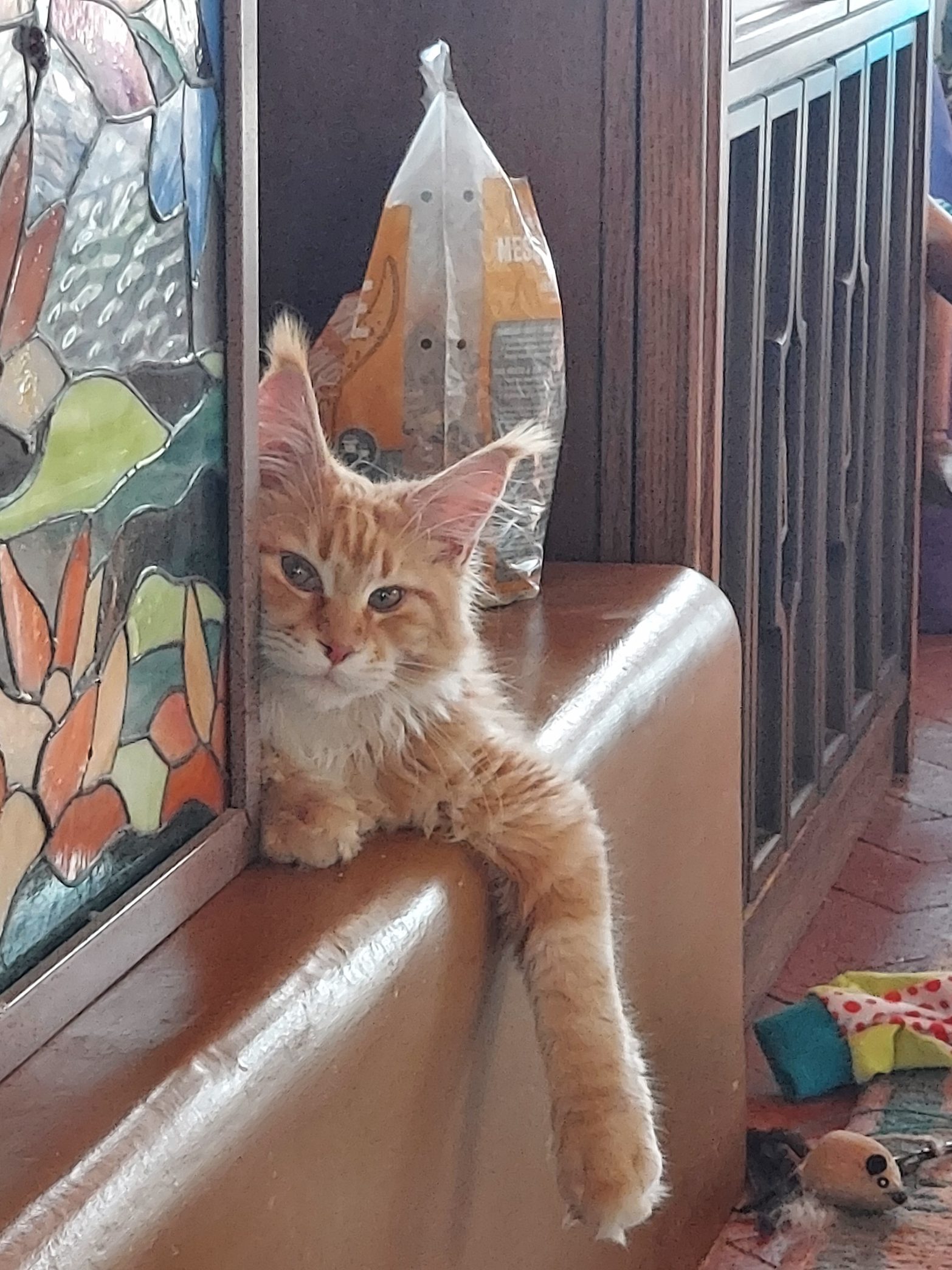
I’m explaining how to decode the message when agents & editors say a genre is dead. Also thoughts on whether writing cross-genre is actually hip these days, why Murderbot is cool, and an exciting new cover reveal!
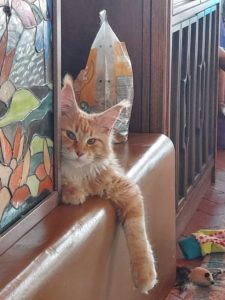
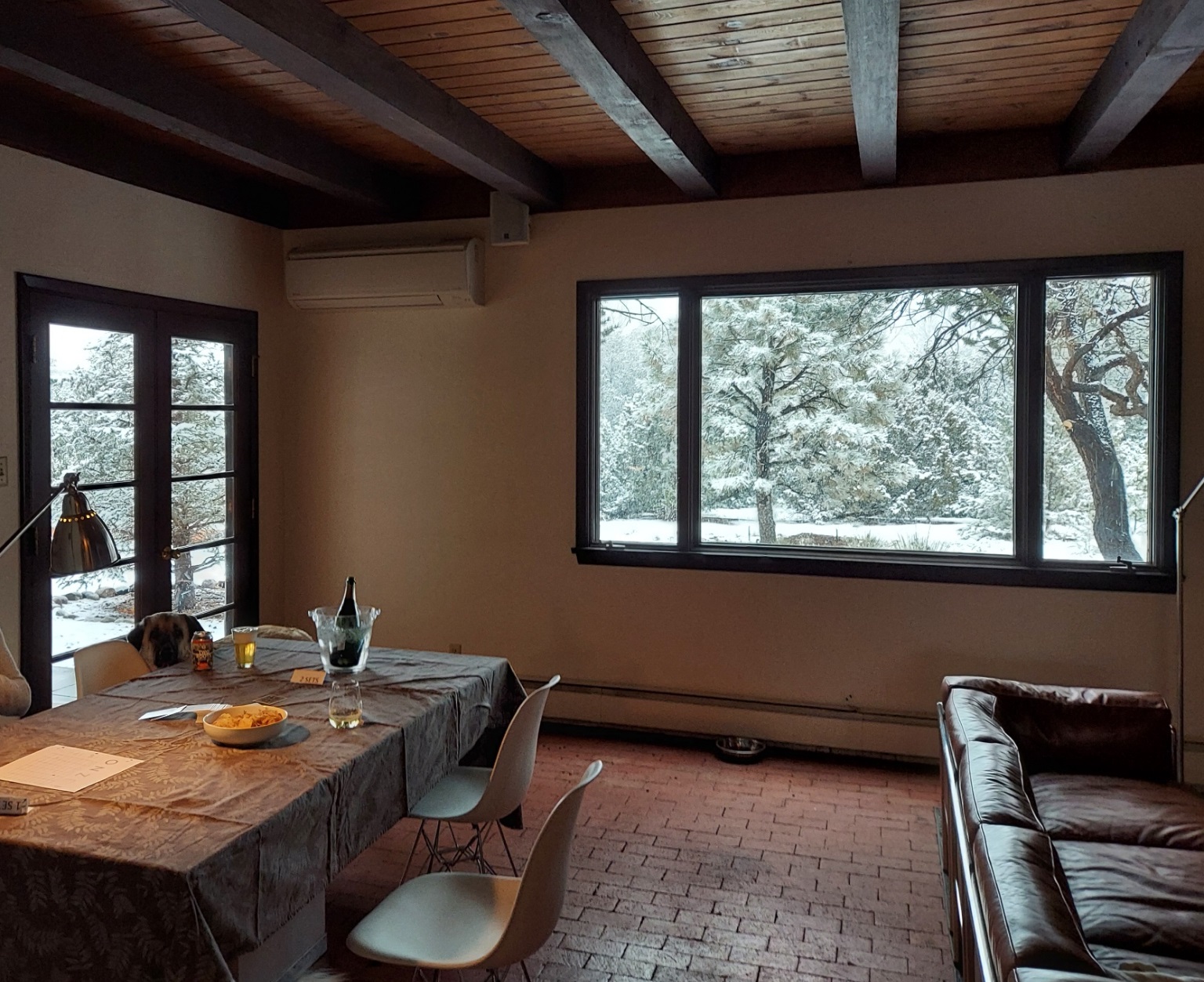
The business of self-publishing, especially ISBNs, and retail platforms for print. Also, raving about Star Trek: Strange New Worlds and what creators can learn from it on prequels and riffing within the canon.

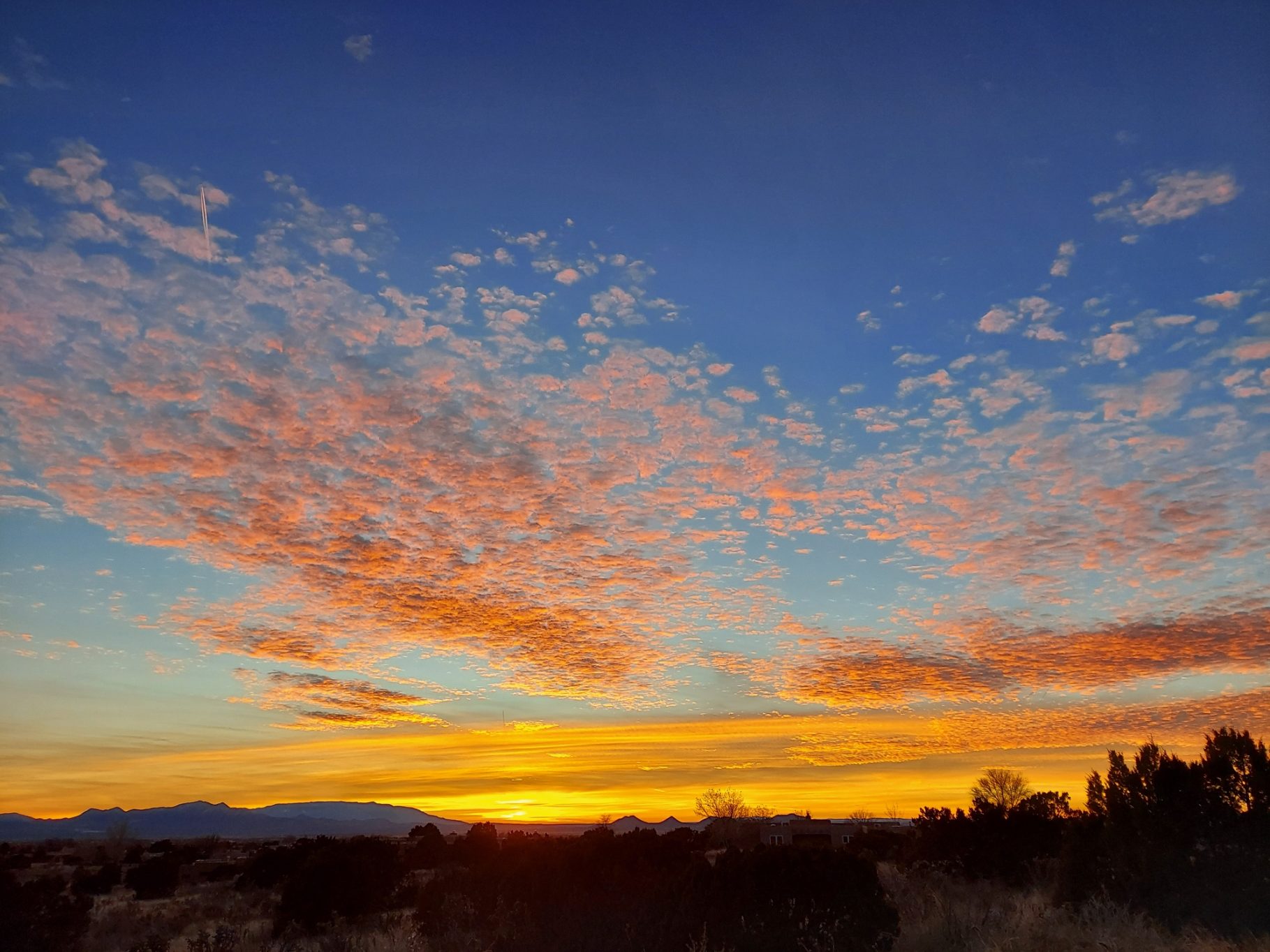
On writing cross-genre and pushing the boundaries of fantasy. Does fantasy necessarily mean non-tech/medieval culture? And other thoughts on tropes, reader expectations, and making art.
